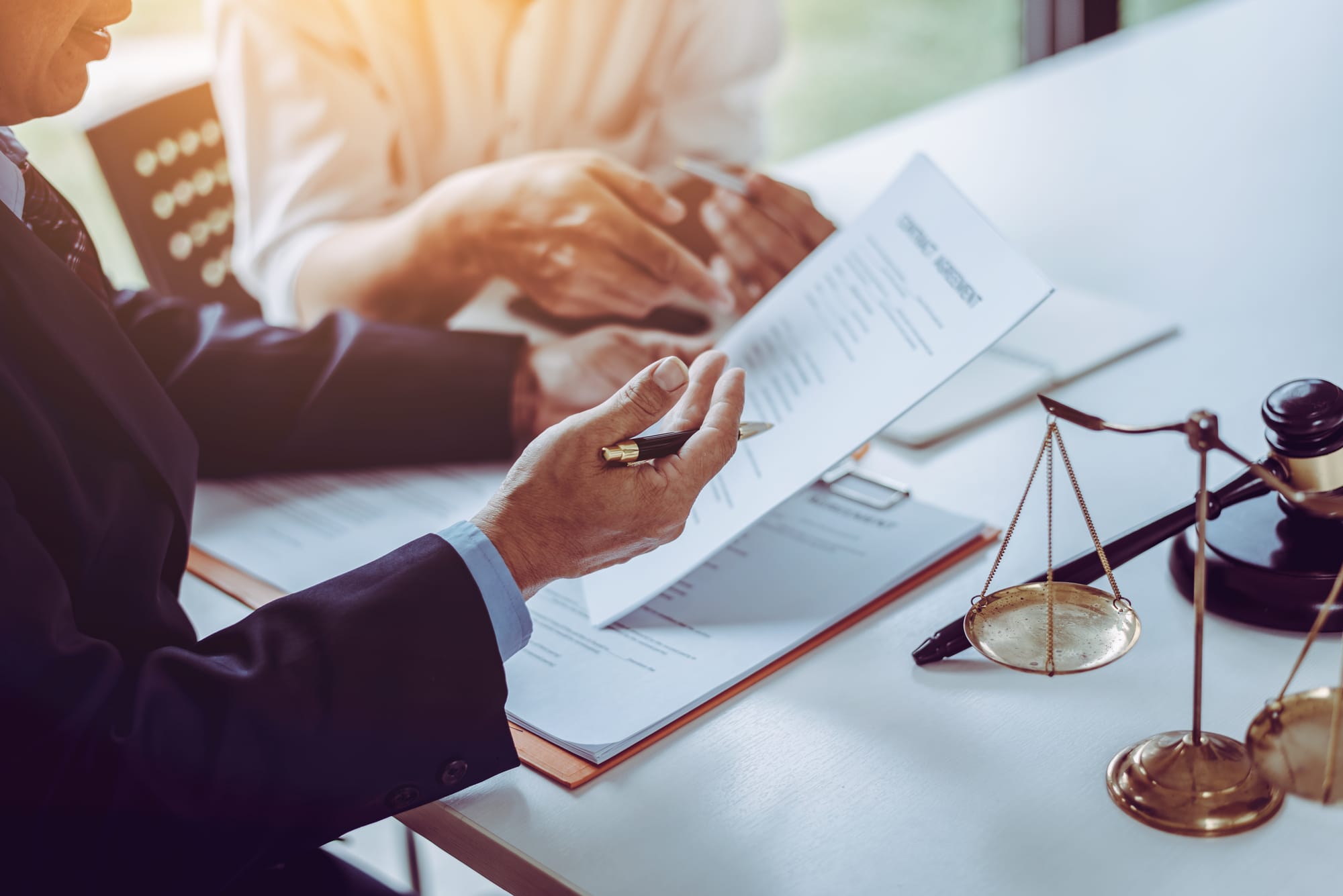Is there a nullification crisis looming?
Plus: Near record-high profits for law firms

“Ignore the courts!” That’s the message some believe Vice President JD Vance is sending to the American public this week, as evidence mounts that the Trump administration is breaking the law amid the fire-all-the-people and cut-all-the-funding executive-action frenzy. The debate over executive authority and judicial oversight is heating up and there’s a term being tossed around in lawyer talk for what happens when judicial leaders are flat-out ignored. Scroll to see if you know what it is.
Also ahead in this issue:
- The implications of tech and AI for democracy and the rule of law
- The trajectory of law firm profits in 2025
- The tug of war between a “constitutional crisis” and an “occupational hazard”
- Why one attorney always answers her phone
But first, check out our interview with a rising energy and natural resource lawyer who bucks the idea that lawyers are “slow to change” and has a few thoughts for Hollywood creators who tell stories about oil and land use.

Lawyers are on the cutting edge
Lawyers are regularly breaking ground on AI and tech regulations to keep pace with advances, according to Jacqueline Hyatt, associate attorney at Holland & Hart in Colorado. Hyatt has been working in energy and natural resource law for five of her seven years in law and sat down with Raise the Bar to talk about the complexities of the oil and gas industry, common misconceptions about “change” in the legal field and how Hollywood portrays land-use lawyers. –Joanna Brenner
Why did you choose energy and natural resource law? What interests you most about it?
I chose to specialize in energy and natural resource law because I like to untangle challenging knots, and the oil and gas industry involves complex economic, environmental, governmental and cultural issues. I enjoy helping solve competing interests of global businesses, landowners, government entities and environmental NGOs, and—of course—helping my clients prevail over other competing interests.
When you're working with clients, what is one of your most effective strategies for helping them settle?
Developing a clear view of the strengths and weaknesses of each claim or defense is critical to resolving litigation matters in a way that maximizes the benefits for my clients. On top of that, I work to understand what each party wants and what their motivations are in pursuing litigation. When clients have a clear view of their case, sometimes they discover that they can achieve most of their goals through settlement without risking potential downsides of trial.
What do you think is the most common misconception about lawyers? Why do you think the legal field is perceived this way?
A common misconception about lawyers is that they are slow to change. The legal field is probably perceived this way because the law looks a lot like it did 50 years ago. Contrary to this common misconception, lawyers are on the cutting edge of many aspects of business and technology. For example, as AI proliferates and America's demand for electricity to power data centers grows exponentially, lawyers are at the forefront of navigating complex permitting landscapes, regulatory actions and transactions to make sure businesses and infrastructure keep pace with these advances.
How do you feel about the portrayal of lawyers in Hollywood? I'm thinking about shows like Suits, Law & Order and, in the case of land use, Yellowstone.
Before becoming a lawyer, I worked as a petroleum landman in the Permian Basin. Taylor Sheridan's latest show, Landman, is about a landman who works in the Permian Basin, an oil and gas rich area situated in West Texas and southeastern New Mexico. At first, I couldn't believe Hollywood took an interest in life in the oil patch, but then I realized Landman is just a modern twist on the American Western genre.
The legal aspects of the show are not the most accurate portrayals of what a law practice looks like in the oil patch, but the writing in the rest of the script is fairly accurate. I especially appreciated that they included realistic storylines about building roads with caliche and dealing with ranchers who are “all hat and no cattle.” I’m thrilled to see Hollywood featuring the lives of the men and women in the Permian Basin, even if it includes some unrealistic and occasionally cringeworthy depictions of lawyers.

Constitutional crisis ⇒ Nullification crisis: What happens when laws turn into mere words on paper? Redditors discuss the hot topic. If you've made it here, you've found the answer to the question in the intro: nullification.
Erin Brockovich 2.0: Erin Brockovich is at it again—someone should alert Steven Soderbergh.
“Every” lawyer knows this secret code... do you? A former prosecutor, known as @brynodc on TikTok, is teaching plebes the secret decoder ring to understand judicial opinions, among other important civic lessons.
Is this real life? We’re wondering what it must have felt like to type “hawk tuah” so many times on a formal legal brief.
Tour de Drugs: Maybe the DEA should start appointing more horses.

Law firm profits reach near-record high
A new report released Monday by Thomson Reuters Institute found that law firm profits were up 11.5% at the end of 2024—a near record. Which is great! But whether that rise is built to last is questionable. Those profits were accompanied by a slight drop in lawyer productivity, a slower rate of growth and an increase in direct and overhead expenses, according to the report—not the optimal mix of healthy financial indicators for 2025. Relying on billing rate increases to maintain profits could be a necessary strategy for firms in the coming months.
Why this matters: “You need to hire a lawyer” is a phrase already loaded with financial stigma, and the race to sustain profits in 2025 could make it even more so. (Reuters)

Back to the drawing board for AI policy
Trump’s January executive order that called for a new AI action plan “free from ideological bias” rolls back the guardrails set in place by former President Joe Biden’s administration, and it’ll be six months before tech companies have a new set of rules to follow (if any). What will that policy look like with tech titan Elon Musk at the White House helm? It’s a fair question, and Dr. Brianna Rosen of Just Security sat down with leading expert and former Member of European Parliament Marietje Schaake to unpack it.
Why this matters: Impatient tech companies will have to contend with the legal consequences if the Trump administration does away with guardrails, and they can’t halt work while awaiting new regulations. (Just Security)

“Not the B-word”
People who are considered “feisty” often get told they should become lawyers. There’s a pervasive idea that lawyers are just the kind of people who like to argue (thanks, Cher Horowitz). That’s what’s special about attorney Tara-Jane Flynn (“The Deposition Queen”), who represents injury victims. She’s taken thousands of depositions and has secured over $7M for clients, but would never be called the B-word by any of her clients. In this New Solo podcast episode, host Adriana Linares talks to Flynn about what’s made her so successful in controlling depositions, which includes, but is not limited to, acting classes, enjoying catching someone in a lie and always answering her phone.
Why this matters: “I’m working with people who are hurt,” Flynn says in the podcast. “They stop wanting to tell people about it… they start feeling like a burden... I’m happy to be that person for them.” (New Solo)

White House denies 'tyrant' claims amid legal debate
'Reverse discrimination' case reaches Supreme Court
Trump seeks $20B from '60 Minutes' for alleged harm
SCOTUS libel ruling may aid public officials in lawsuits
Massachusetts holds back drug settlement funds

Leaning into trust on your legal website
Getting clients as a lawyer has a lot to do with online audience development, and presentation is key. If digital marketing 101 wasn't in your list of prerequisites at law school, the American Bar Association has a step-by-step guide on this, with lots of helpful information. One note on SEO—optimizing your website for search engines isn't just about keywords. Search engines like Google are looking for the "E-E-A-T" formula, which stands for Expertise, Experience, Authoritativeness and Trustworthiness.
Why this matters: Peppering your website with descriptive words and phrases like "win cases" will only get you so far. Leaning into your credentials and testimonials from clients and other legal professionals will help Google move your website closer to the top. (ABA)
Thank you for reading Raise The Bar.
Every Thursday, you'll hear from our team about the most pressing issues facing legal practices today. We'll also try to include some quick-hit reads that touch on interesting cases and precedents being set worldwide.
Have anything you'd like us to cover? Send an email raisethebar@mynewsletter.co
Edited by Katie Parsons.

